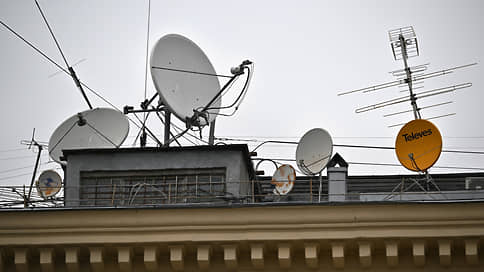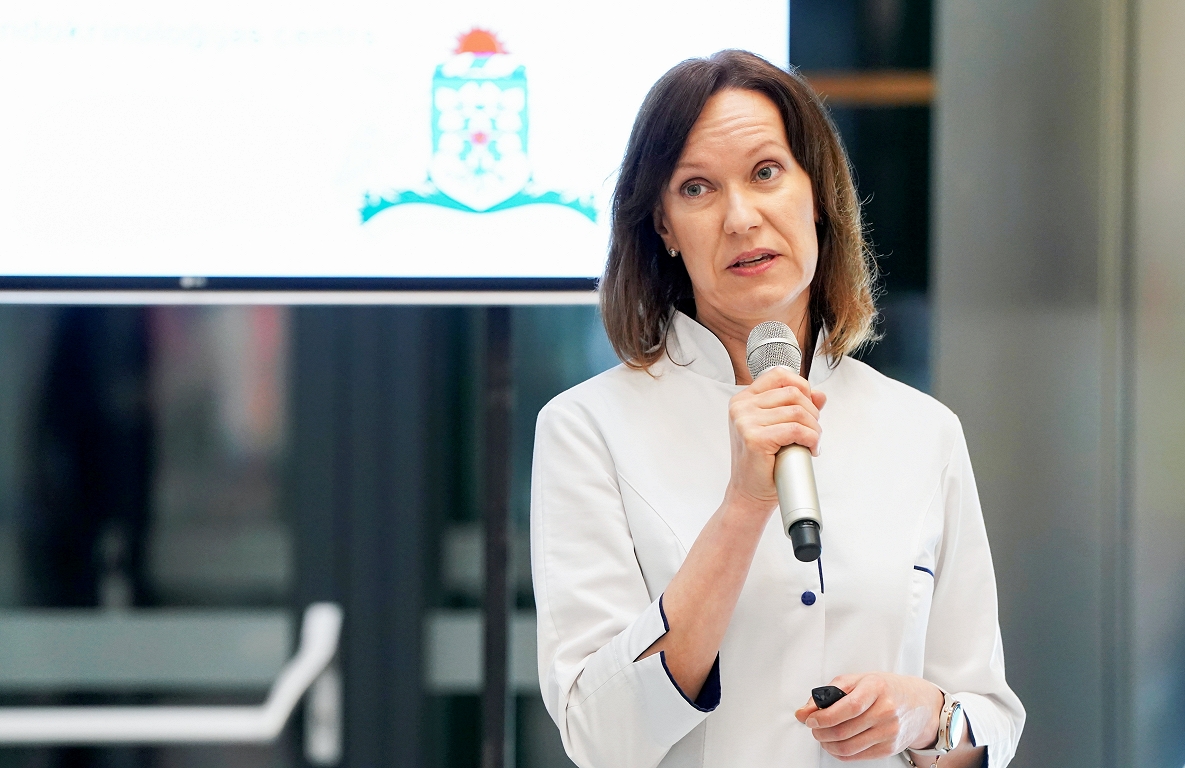In Moscow, due to DDOS attacks, the Internet turned off in several LCDs

The metropolitan provider of the ASF was subjected to a large DDOS attack. Without home Internet, several residential complexes are left in the areas of Moscow and the Moscow Region. Experts call the consequences of such an attack critical for the Criminal Code and developers, as it leads to a disconnection of common -house digital services, including intercoms and barriers, and payment systems of companies operating in these houses.
On May 28, a large DDOS-Atak was made to the infrastructure of the Internet provider ACBT, which led to the network of network in several large residential complexes (LCDs) of Moscow. The information was confirmed by the provider in his Telegram channel. The company provides communication services, including the LCD “First Leningradsky” (Molzhaninovsky District), “Danish quarter” (village of Nagornaya), Richard (Khoroshevsky district), “Heroes” (G. Balashikha), West Kuntsevo, Dynasty, New Tushino and New Vatutins. The Glavstroy Region (developer of the Heroes complex) and FSK (LCD « First Leningradsky », etc.) refused comment.
70.07 Gbit/s
reached the power of the DDOS attack on ACBT provider on May 28, according to Roskomnadzor
According to the company in its Telegram channel, “May 28 from 8:10 the network was one of the largest DDOS attacks. The consequence of the ongoing attacks was the overload of the communication line, which led to a drop in services, including internal resources, in connection with which communication channels, personal account and the company’s website, were not available. ” After 17:30, the provider said that he was working on « the return of a stable subscriber service in the presence zones. »
In Roskomnadzor, it was added that the attack reached a capacity of 70.07 GBT/s with an intensity of 6.92 million packages per second: “At the moment, the National Countering DDOS attacked system filmed 47 Gbit/s and 6.12 million packets per second.”
ACBT provider belongs to AC ACT, which was founded in 1993. According to Spark-Interfax, in 2024 the revenue of the joint-stock company amounted to 338.6 million rubles. Net profit – 24 million rubles. In the ASVT they did not answer “Kommersant”.
Earlier, Kommersant wrote about massive DDOS attacks on the provider Lovit. Then more than 200 thousand residents of the LCD of the PIK company from Moscow and a number of regions were faced with interruptions in the work of home Internet. Users are faced with non -working smart intercom, cash registers in stores and home Internet itself. Some of them sent a complaint to the FAS to the company (See “Kommersant” from March 24).
Such malfunctions are critical for developers and the Criminal Code, since, in addition to the complete inaccessibility of the Internet for residents, there are a number of less obvious problems, says Mikhail Khlebonov, director of Servicepipe products. For example, smart home systems: intercoms, barriers, video surveillance systems, etc. may stop working. In addition, due to inoperative banking terminals, business on the first floors of the LCD suffers and loses the proceeds. Curator’s product manager George Tarasov agrees with him: “DDOS attacks are a threat to common-house digital services, such as intercoms, gates, barriers, IPUs, etc., when their refusal causes difficulties with the access of residents and management.”
According to ServicePipe, about 73% of the participants in the market for Internet providers in the Russian Federation do not have traffic analyzers to detect DDOS attacks, the expert adds.
If we exclude large players from this statistics, then the share of companies in the field of communication without protection will increase to 92%: “At the beginning of this year, we recorded several large -scale attacks on providers in the same region.”
If large providers for hackers are a difficult target, because they allocate a lot of resources for cybersecurity, then local providers are a much more convenient goal, says Ilynaz Gatauullin, the technical director of the Monitoring and response to the Red Security SOC cyber attacks. “Because of their partnership with developers, the Internet can fall under the blow of several large LCDs. In general, the DDOS trend for mass attacks is noticeable: hackers are trying to destabilize the work of not the most significant organizations, but any that are vulnerable, ”the expert adds.







